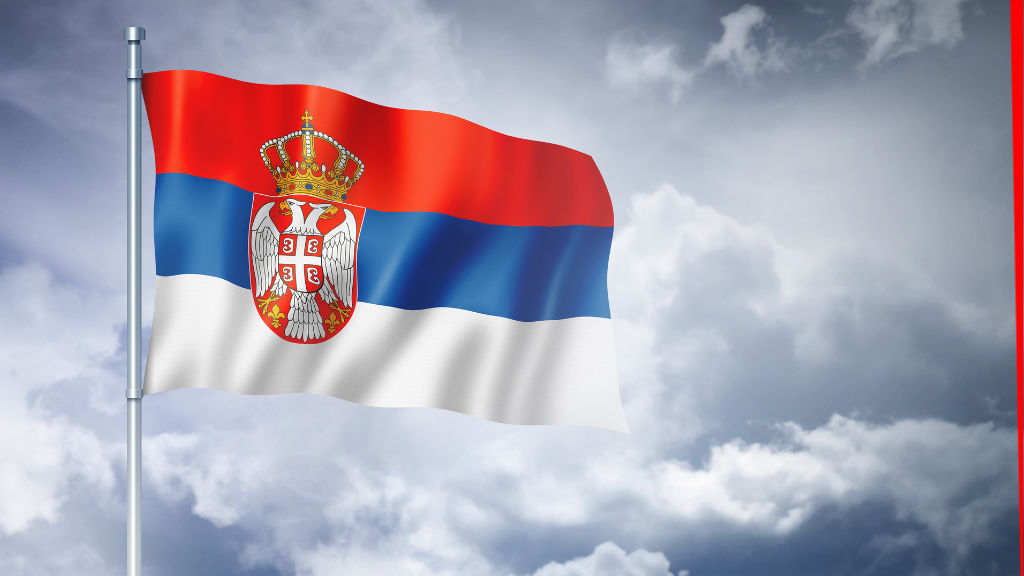
The Zeleno-Levi Front (ZLF/Green-Left Front) has proposed a total ban on advertisements related to gambling in Serbia, citing it as the most effective way to safeguard public health. At a forum, “Games of Chance, Games with the Health of Citizens”, organised by ZLF, party members voiced strong criticism of a proposed government bill aimed at restricting gambling advertisements.
ZLF MP Marina Mijatović said that the proposed modifications to the Law on Games of Chance fall short in protecting vulnerable groups, particularly children.
“While gambling cannot be entirely eliminated, advertisements should not be so flashy and attention-grabbing,” Mijatović stated. She added, “The ZLF also advocates for gambling establishments to operate discreetly, avoiding actions that entice people, especially those battling addiction.”
Mijatović emphasised that the ZLF has long advocated for stringent advertising regulations and said that the forum serves as a platform to reinforce this message to the government.
People’s Deputy Biljana Đorđević highlighted that the ZLF’s stricter proposal, submitted in March, calls for a complete ban on gambling advertising. However, she noted that the government has yet to engage in discussion on the issue. The government’s present draft legislation, which does not include complete advertising restrictions, still allows athletes to promote gambling—an area of concern given their important influence on young audiences.
Đorđević also criticised the absence of Tomislav Momirović, the Minister of Internal and External Trade, from discussions, underscoring the need for a more decisive approach to regulating advertising practices.
A notable example of the prominence of gambling brands in Serbian sports is seen in football, where Flutter’s subsidiary MaxBet holds significant sponsorship agreements with two of the country’s top football clubs – FK Partizan Belgrade and Vojvodina FC.
Rather than limiting the restriction of gambling promotions to actors and singers, as the government bill currently proposes, the Greens advocate for including athletes as well. Đorđević supported Mijatović’s remarks, noting that ZLF submitted their proposal in March, yet no one from the SNS-led coalition government has reached out for further discussions.
“They’ve now introduced the law on games of chance, but not on advertising. We believe that the law on advertising is the most controversial issue, which is likely why it has been left out,” she stated.
She also criticised Tomislav Momirović, Serbia’s Minister of Internal and External Trade, for not taking a more proactive action in the discussions surrounding advertising.
Momirović has previously addressed the issue, explaining that the proposed bill is mainly focused on protecting young people. He also stated that the Serbian government will consider further measures to restrict gambling advertisements on billboards, aiming to minimise their public visibility.
In conclusion, ZLF members showed their willingness to support the government’s proposals, seeing them as a significant first step in addressing the rising concern of gambling in Serbia. They emphasised the need for further action to assure the protection of vulnerable groups and public health.